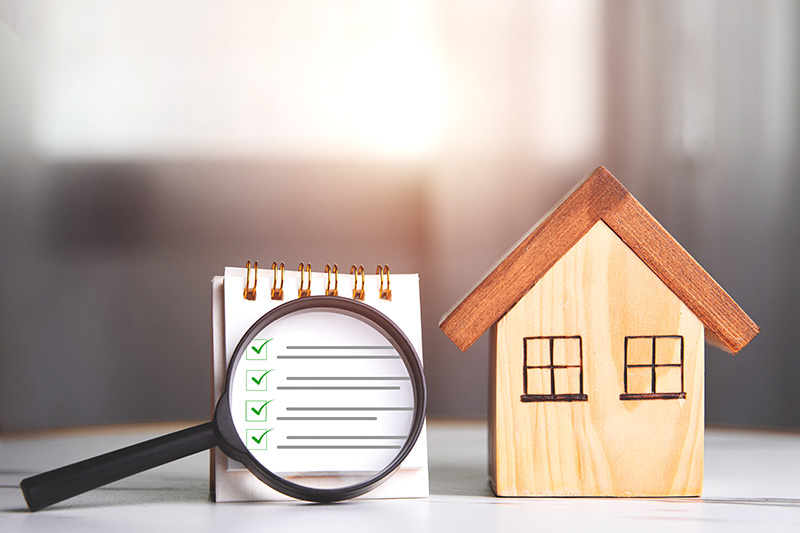 When applying for a mortgage loan, there are several documents that lenders typically require to assess your financial situation and determine your eligibility. While specific document requirements may vary depending on the lender and the type of mortgage, here are the general document requirements you can expect:
When applying for a mortgage loan, there are several documents that lenders typically require to assess your financial situation and determine your eligibility. While specific document requirements may vary depending on the lender and the type of mortgage, here are the general document requirements you can expect:
- Proof of Identity: You’ll need to provide a government-issued photo ID, such as a driver’s license or passport, to verify your identity.
- Proof of Income: Lenders need to evaluate your ability to repay the loan, so you’ll generally need to provide the following documents related to your income:
- Pay stubs: Typically, the last 2-3 months of pay stubs.
- W-2 forms: The most recent W-2 forms from your employer for the past 2 years.
- Tax returns: Personal tax returns, including all schedules and attachments, for the past 2 years if you’re self-employed or have non-standard income sources.
- Proof of additional income: This includes documents related to alimony, child support, rental income, or any other sources of income.
- Employment Verification: Lenders will verify your employment history. You may need to provide contact information for your current and previous employers.
- Bank Statements: You’ll typically need to provide bank statements for the past 2-3 months for all your accounts, including checking, savings, and investment accounts. This helps the lender assess your financial stability and ability to cover down payments and closing costs.
- Credit Report: Lenders will pull your credit report to assess your creditworthiness. You don’t provide this directly, but you should be prepared for the lender to access your credit information.
- Proof of Assets: If you have assets that you plan to use for the down payment or closing costs, you’ll need to provide documentation, such as statements for retirement accounts, investment accounts, or gift letters if you’re receiving funds as a gift from a family member.
- Debt Information: You’ll need to disclose any outstanding debts, such as credit card balances, auto loans, student loans, or other liabilities.
- Property Information: If you’ve already selected a property, the lender will need details about it, including the address, purchase price, and property description.
- Residence History: Information about your current and previous addresses for the past few years.
- Additional Documents: Depending on your individual circumstances and the type of mortgage you’re applying for, you may be asked for additional documents. These can include divorce decrees, bankruptcy papers, or explanations for any significant financial events.
It’s essential to work closely with your lender and follow their specific documentation requirements. Keep in mind that the mortgage application process can be complex, and the list of required documents may vary from lender to lender and based on the type of loan you’re applying for (e.g., conventional, FHA, VA). Being well-prepared and organized can streamline the application process and increase your chances of a successful mortgage approval.
